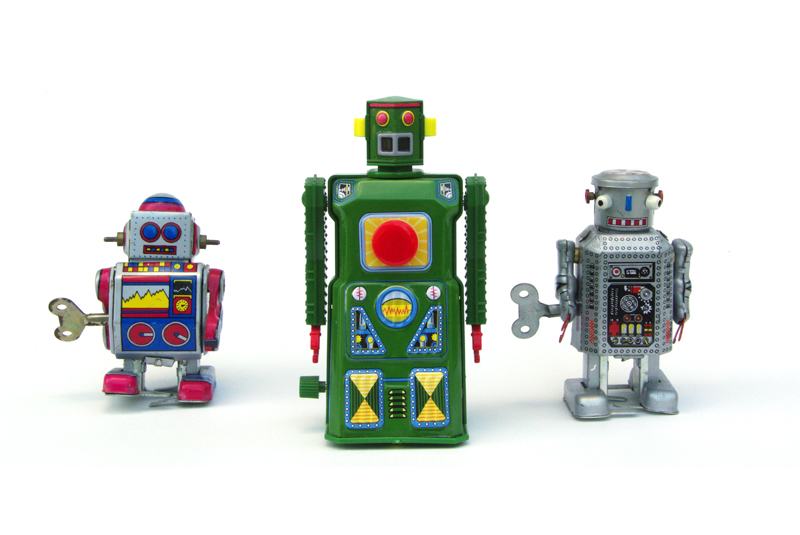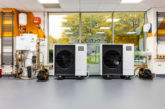
The UK leads the way in research and development of next-gen tech – from 3D printing, and smart homes, to robotics and driverless cars. New research from AXA suggests, however, that the nation’s small firms are sceptical about the prospects of these technologies reaching their workplaces.
While more than 40% of small businesses don’t yet have a website, the study found that most of them do plan to move online in the next 12 months. If these plans are fulfilled, only 7% of UK businesses will remain offline by this time next year. Few are ready to plunge deeper into the digital revolution, however.
Just one in five plan to migrate to the Cloud in the coming years, and only 6% of business owners say they expect to adopt smart technologies. Driverless cars, which are set to hit UK roads as early as 2020, have an equally low resonance, as just 8% of business owners expect they will “drive” one.
Businesses were also highly sceptical when it comes to 3D printing. While the first 3D printed house was unveiled in China last month, just 2% of UK tradesmen expect to see it used here during their lifetimes.
83% of business owners said that robots would never be able to work in their companies, even in decades to come. AXA called in Professor Martin Smith, a leading academic in the field of robotics, to review responses from the most sceptical occupations – hairdressers and builders.
Robotic assistants possible on building sites
The building trade was the least enthusiastic about robotics. The most common objections were that robots can’t drive, operate machinery safely, work in adverse weather or scale ladders. Professor Smith responded to builders: “Robots certainly won’t be replacing tradesmen any time soon. That’s because a building project, say an extension, requires a complex level of multi-tasking that no robot can currently achieve. They could make excellent assistants to tradesmen, however. Robots can and do operate machinery, drive cars, and are even capable of bricklaying to a higher degree of accuracy than a human. Working outdoors or at height wouldn’t present a problem either: robots are employed on deep-sea projects across the world and can even scale sheer walls using suction cups, Spider-Man style!”
Hairdressers, meanwhile, overwhelmingly rejected the idea of robots, saying that they lack aesthetic judgement and couldn’t use sharp objects or chemicals safely on people. “Again, a robot could fulfil some tasks in a salon to a super-human level, but they would struggle to cope with the social side and unpredictable humans.” responds Professor Smith. “Aesthetic judgement can already be simulated by programming a robot with the rules of style or beauty – say, face types, colour combinations, and so on. They could cut or dye to a high level of accuracy too: robot surgeons conduct intricate surgery on humans, and even shear sheep these days. The customer would have to be quite wealthy and trusting though, as suitable robots would be extremely expensive!”
Darrell Sansom, Managing Director at AXA Business Insurance, commented on the survey’s findings: “We work closely with start-ups in the UK’s tech sector, and there is no doubt that these visionary thinkers are leading the world. What we’d really like to see is this excitement and digital ambition reaching other sectors of the economy too.
“Our research shows that there is still some scepticism among business owners about these technologies reaching their salon, building firm or shop floor. We’re convinced that they will: smart homes, artificial intelligence and driverless cars are developing rapidly, and are set to radically change British society. Those who grab the opportunities first could profit enormously over the coming decades.”













